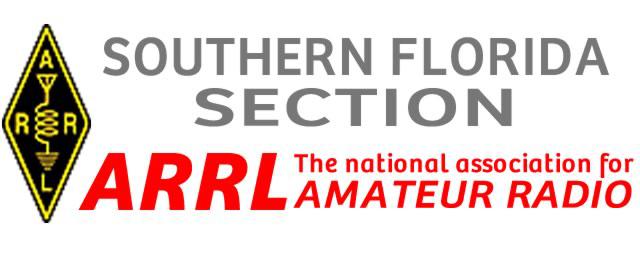07/13/2015
ARRL President Kay Craigie, N3KN, said in the July ARRL Legislative Update Newsletter that Washington politicians are paying attention to League members who have contacted lawmakers to urge their cosponsorship of the Amateur Radio Parity Act of 2015. Essentially identical bills have been introduced in both the US House (H.R. 1301) and Senate (S. 1685). Both measures would direct the FCC to extend its rules relating to reasonable accommodation of Amateur Service communications to private land-use restrictions.
“Many visits have been made to the offices of Senators and Congressmen on behalf of H.R. 1301 and S. 1685 by members of the ARRL Board and ARRL Headquarters staff,” President Craigie said. “ARRL Section Managers have encouraged members to speak out. ARRL members around the country have talked with your elected officials in their home-district offices and town hall meetings. This is a full-team advocacy effort.” To date, H.R. 1301 has attracted 86 cosponsors; the Senate bill, just introduced, has one original cosponsor.
President Craigie said The Amateur Radio Parity Act of 2015 is aimed at helping to ensure the future of Amateur Radio, as more and more neighborhoods impose deed restrictions that prohibit Amateur Radio antennas and keep today’s youngsters from becoming active radio amateurs.
“What if their parents have bought houses in neighborhoods with deed restrictions prohibiting antennas?” she speculated. “Those kids’ interest in ham radio gained from school, Scouts, or family friends will have no way to blossom into the life-changing experience of being radio amateurs.”
ARRL members, she continued, “are working together so that both today’s amateurs and the kids who will be amateurs in the future have the chance to operate from their homes.” Letters from members urging support of the bills are what make the difference between being ignored and being heard on Capitol Hill.
“Earlier this year, I visited a North Carolina Congressman’s office and got a friendly reception — but no co-sponsorship,” President Craigie recounted. “More recently, another ARRL person followed up at the same office, with the same staff member, but with about 40 letters in hand. The Congressman became a co-sponsor.”
The newsletter suggested several ways ARRL members can get involved in the Amateur Radio Parity Act grassroots effort. One idea is to have a “letter party” at your next club meeting.
Take pre-addressed copies of letters to all three of your lawmakers — one in the House, two in the Senate — and have club members add their names, addresses, and signatures to letters for each Member of Congress. Have enough copies, so that each individual can sign his or her own letter. In some cases, club members in a given area may reside in more than one Congressional district.
Names and addresses of US House and Senate members are available on the ARRL website. Mail the collected letters to the ARRL (c/o The Amateur Radio Parity Act, ARRL, 225 Main St, Newington, CT 06111), which will collate them for hand delivery on Capitol Hill.
Members also may e-mail their lawmakers, post comments on the US House or Senate member’s website, or call their lawmakers on the telephone. Be courteous, make your points, and be brief. In all cases, thank lawmakers for considering your point of view.
“Grassroots politics is about you — the individual — making your voice heard,” the July Legislative Update pointed out. “It requires a good deal of preparation and effort to achieve the end results.”

